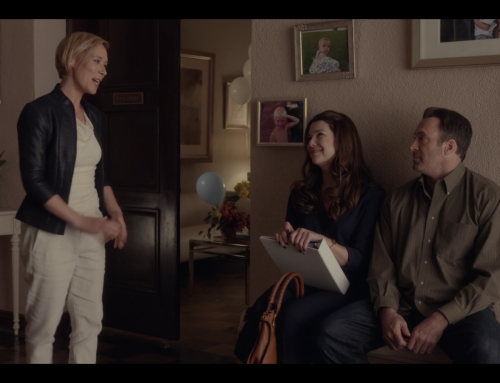by Reuven Brandt
The Supreme Court of Canada recently issued a ruling about the unilateral removal of life support by physicians. The case centers on Mr. Rasouli, who is minimally conscious, requires life support and, according his physicians, has little chance of recovering. Doctors sought to have Mr. Rasouli removed from life support against the wishes of his substitute decision maker. The ruling of the court was limited in scope, dealing mainly with the procedural requirements of Ontario’s Healthcare Consent Act. The court found that, in this case, doctors could not remove life support without the consent of Mr. Rasouli’s substitute decision maker because withdrawal of life-support constitutes treatment under the act. Despite the limited nature of the ruling itself, the case raises many questions about the complex interplay between patient autonomy, allocation of scarce resources, and the role of medical expertise in making end-of-life decisions. Many philosophers have been asked to weigh in on these questions, including the former director and current member of the Rotman Institute of Philosophy, Charles Weijer. But I would like to focus on some of the comments made by Arthur Schafer in his interview with CTV and his opinion piece in the Globe and Mail.
Schafer argues that the life-sustaining medical interventions Mr. Rasouli requires are painful, and because these interventions provide no hope of ameliorating his condition should not be continued. He states, “When there is no compensating benefit, critical-care doctors are likely to describe the treatment as “torture.”” Citing the credo “do no harm”, Schafer suggests that continuing life support violates basic medical ethics. He also falls just short of explicitly endorsing a group of physicians who quit their jobs rather than provide life support to a patient in similar circumstances to Mr. Rasouli.
This “harm to the patient” argument is problematic. First, Schafer is inconsistent in his description of Mr. Rasouli’s mental capabilities. According to Shafer, Mr. Rasouli is both unconscious (and has been since 2010) and able to feel the tremendous pain caused by medical interventions. Schafer’s appeal to discontinue life-support is thus based on two reasons: 1) Mr. Rasouli will never regain consciousness; and 2) life support causes Mr. Rasouli to suffer. Presumably if Mr. Rasouli is capable of experiencing pain in the morally relevant sense, he is not unconscious, and if he is not unconscious he likely has the capacity for positive experiences as well. If this is true, continued life-support cannot be so easily dismissed. I agree whole heartedly “that good ethics requires good facts”, but good facts cannot be logically inconsistent.
Secondly, the role of a patient’s values in the harm-benefit assessment is not given adequate consideration. Even if Mr. Rasouli does suffer physical pain as a result of treatment, and has little hope recovering further cognitive function, this does not mean that treatment is, on balance, harmful. A proper analysis of harms and benefits must take into consideration the values of the patient because harms include violations of the patient’s autonomy, sense of self and core beliefs. It is conceivable that a patient may value continued life over physical discomfort, as is the case with Mr. Rasouli whose religious commitments require him to preserve his life even in the face of great suffering. Harm is not a value-neutral concept and it must be the patient’s values that determine what constitutes harm to themselves, not those of the physician or the general public.
Finally, Schafer suggests that continued life-support in Mr. Rasouli’s case is a futile waste of medical resources. Here, however, the futility of an action is confused its worthwhileness. Some effort is futile if it will not (or likely will not) have the desired effect. Some effort is worthwhile if the costs are worth the benefits. For example, treating a viral ear infection with antibiotics is medically futile because it will not have any impact on the duration or severity of the infection. By contrast, treating a viral ear infection with expensive anti-viral drugs is non-futile because it will reduce the severity and duration of the infection, but if this treatment is costly and the infection largely benign, antiviral treatment may not be worthwhile. In the case of Mr. Rasouli, continued life support is not futile even if his condition does not improve because it achieves at least one of the desired effects – it non-trivially extends his life. When Schafer argues that continued life support is futile what he actually means is that continued life support is not worthwhile. Whether the medical costs are worthwhile depend on how much value is placed on the continuation of Mr. Rasouli’s life. Value of this kind cannot be determined by medical facts alone.
Given that resources are limited, decisions must be made about which expenditures are worthwhile enough. Since these decisions do not solely rest on the medical facts, doctors should not have a monopoly on determining the relative worth of different kinds of lives. Part of the equation must also include the value the patient places on her own life, and thus in cases like Mr. Rasouli’s, input for the substitute decision maker must be taken seriously. There are no easy answers for how to make these kinds of evaluations, but I see no good reason for giving doctors sole authority to determine the worth of patients’ lives.
*note: a previous version stated that Mr. Rasouli had no chance of recovery, which has been changed to little chance of recovery to more accurately describe his condition





